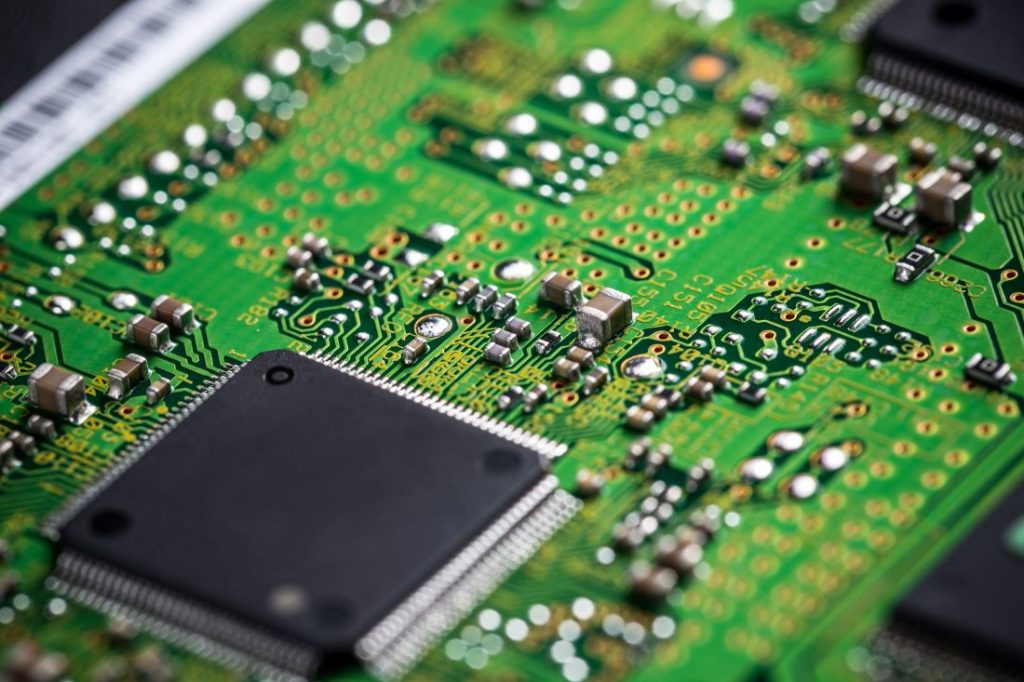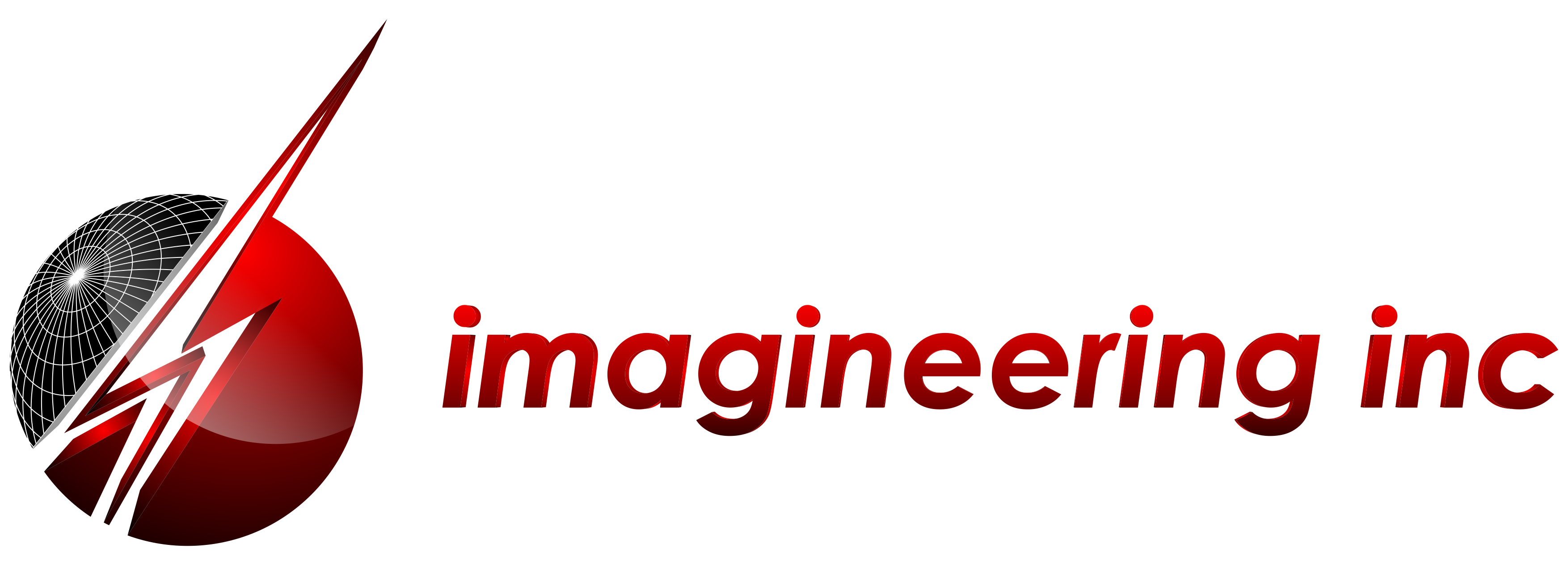Choosing a manufacturing supplier is an incredibly important decision with long-term consequences for a company and its employees. The goal is always to choose a reliable, consistent partner that always delivers the highest-quality goods and services while meeting regulatory compliance.
However, at the beginning of a relationship, it’s not always possible to determine how well a company will perform in the long term. It’s also not always easy or feasible to conduct a thorough investigation into the company’s quality or safety practices, nor would it be cost-effective to do this for every company you consider working with.
To bridge this gap, companies in all industries look to centralized certification bodies such as ISO, IPC, and UL Solutions. These companies dedicate themselves to producing thorough standards and certifications that serve as a quick reference to a company’s commitment to quality and safety.
In this blog post, we’ll go over some of the most common and useful industry certifications that apply to PCB manufacturing.
ISO Certifications
The ISO is the International Organization for Standardization. Members of the ISO, who hail from 169 countries around the world, share information and work together to develop consensus-based international standards for industries like technology, management, and PCB manufacturing.
The ISO itself does not issue any certifications. Instead, their standards are used by various certification bodies around the world, such as the Institute of Electrical and Electronics Engineers (IEEE), the International Electrotechnical Commission (IEC), and the IPC (Association Connecting Electronics Industries).
ISO 9001 (Quality Management)
When you’re looking for a manufacturing partner, one of the most important pieces of information for you to know is how seriously they take their quality management. Do they have a strong customer focus? How involved is top-level management in the quality process? Are they focused on regulatory compliance?
ISO 9001 provides a framework for organizations to establish a QMS that meets these standards. According to the ISO, “Implementing ISO 9001 means your organization has put effective processes in place and trained staff to deliver flawless products or services time after time.”
Key elements of ISO 9001 include:
- Leadership Involvement: Quality should start from the very top of an organization, where senior leaders are expected to demonstrate knowledge and commitment to the QMS.
- Systematic Approach: ISO 9001 encourages organizations to explicitly define and manage their QMS to achieve desired outcomes consistently.
- Customer Focus: Organizations should show a comprehensive understanding of customer needs and consistently exceed their expectations.
- Continual Improvement: An organization committed to quality shouldn’t be content with good enough. Meeting the standard means always looking to identify opportunities for improvement and correction.
ISO 13485 (Quality Management for Medical Devices)
13485 is also related to quality management systems but is specifically designed for organizations involved in the medical device industry. This includes PCB manufacturers who need to meet stringent and changing regulatory compliance requirements for products they intend to use within medical devices.
Adhering to 13485 doesn’t just mean organizations are creating high-quality medical devices but that they are doing it while meeting strict medical-industry regulations.
In addition to what it has in common with 9001, ISO 13485 contains these key elements:
- Regulatory Compliance: Organizations are required to identify and document the regulatory requirements that apply to their products.
- Risk Management: Organizations are required to identify and document the risks associated with the use of their products and implement controls to mitigate these risks.
- Feedback and Complaint Handling: Customer feedback is critical in the medical industry, and organizations adhering to 13485 must maintain a robust customer feedback and complaint process.
AS9100 (Quality Management for the Aerospace Industry)
AS9100 is another QMS standard based on ISO 9001, but it includes additional considerations tailored to the unique needs of the aerospace sector. AS9100 is managed by the International Aerospace Quality Group (IAQG).
While both standards share a common structure and many of the same core principles, AS9100 includes many distinct elements suited to the unique challenges of aerospace engineering. Here are three examples.
- Configuration Management: Precise specifications and configurations take on a magnified importance in the aerospace industry, where small errors can have disastrous consequences. AS9100 requires organizations to establish processes for configuration management to ensure that products meet specified requirements throughout their lifecycle.
- Supplier Management: Aerospace organizations often have complex, interconnected supply chains. AS9100 places a strong emphasis on the control and oversight of suppliers to ensure they meet specified requirements.
- Critical Items: AS9100 emphasizes the identification and control of critical items, reflecting the importance of specific features that significantly contribute to the safety of aerospace products.
IPC Certifications
IPC is an association that focuses on the standardization of assembly and production of electronic equipment. To that end, they issue a number of certifications and offer training and testing courses to those interested in obtaining those certifications.
Here are 5 IPC standards, certifications, and endorsements relevant to PCB manufacturing.
- IPC-A-600 Acceptability of Printed Boards: Covers the acceptability criteria for the fabrication and inspection of printed circuit boards.
- IPC-A-610 Acceptability of Electronic Assemblies: Addresses the acceptability criteria for electronic assemblies, including soldering criteria.
- IPC-J-STD-001 Requirements for Soldered Electrical and Electronic Assemblies: Soldering processes and requirements for electrical and electronic assemblies.
- IPC-7711/IPC-7721 Rework, Modification, and Repair of Electronic Assemblies: Procedures for rework, modification, and repair of electronic assemblies, including PCBs.
- IPC CID (Certified Interconnect Designer), and CID+: For individuals involved in the design and documentation of printed circuit boards.
UL Certifications

UL Solutions is a leading global safety certification firm. They offer testing, inspection, and certification services that are directly relevant to companies working in the PCB industry. UL offers safety certifications for every level of an organization, including personnel, facilities, processes, products, and systems.
Here are five examples of UL certifications that could be beneficial to companies in the PCB industry:
- UL 796 – Printed-Wiring Boards: Covers the safety requirements for rigid printed wiring boards.
- UL 94 – Flammability of Plastic Materials for Parts in Devices and Appliances: Covers the flammability of plastic materials, including those used in constructing PCBs.
- UL 746E – Polymeric Materials: Covers the evaluation of polymeric materials used in the construction of industrial laminates, filament-wound tubing, vulcanized fiber, and materials used in printed wiring boards.
- UL 796F – Outline of Investigation for Flexible Printed Wiring Boards: Provides safety requirements for flexible printed wiring boards.
- UL 746G – Polymeric Materials – Industrial Laminates: Addresses the evaluation of polymeric materials used in constructing industrial laminates, including those used in PCBs.
Look for a Company Like Imagineering
At Imagineering, we pride ourselves on our decades of industry experience and all the knowledge that comes with it.
We know the PCB business well and have the certifications to prove it. A proud IPC member, we’re also:
- ITAR & SAM Registered
- RoHS Compliant
- And Certified in both AS9100D and ISO9001
As our certifications can attest to, Imagineering’s expertise guarantees you the highest quality printed circuit boards and the fast turnaround times you need to hit the market quickly.If you’re looking for a new, properly certified PCB manufacturer trusted by the world’s biggest brands, contact Imagineering today and let us get started on your next production.

